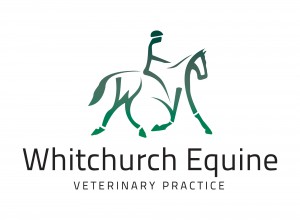This year’s breeding season is certainly under way. The early warm spring weather brought many mares into season though the recent bout of torrential rain seems to have turned some mares off!
advance planning is essential to a stressfree breeding programme.
If considering breeding from your mare please consider the following points:
-
Either choose your stallion, as this will determine the method of conception, or decide on your preferred method of conception and this will determine your stallion choice!
So you have:
-
Natural covering (Mare goes to Stallion).
-
Artificial Insemination (Mare stays at home and Semen travels to you)
-
Artificial insemination can involve Chilled semen or Frozen semen.

